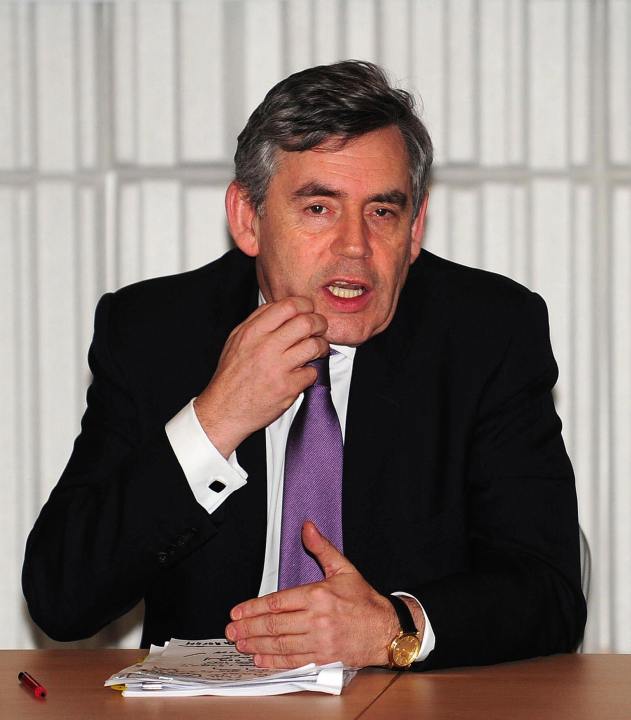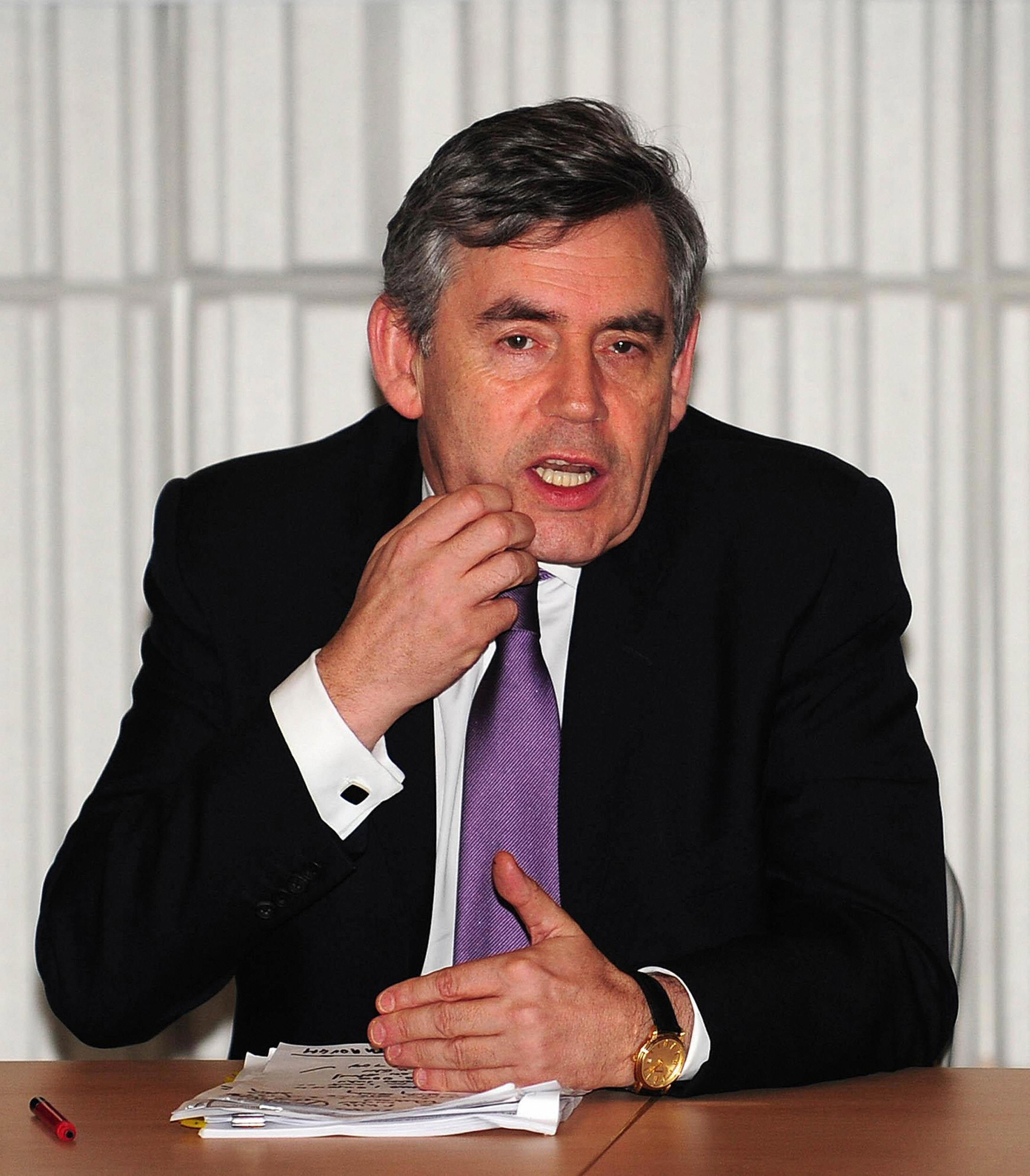 “Why did nobody notice it?” asked the Queen a few months ago, at the LSE. The simplest answer is that inflation targeting was a disaster. People wrongly thought that if you controlled the prices, all else would follow. This was wrong, hopelessly wrong, calamitously wrong. Everyone gushed about what a great idea Bank of England independence was. In fact, monetary policy management in the last ten years was a disaster. Inflation targetting was a false god. And the fact that no one says so now is a sign of just how far we are from understanding what happened in the last ten years.
“Why did nobody notice it?” asked the Queen a few months ago, at the LSE. The simplest answer is that inflation targeting was a disaster. People wrongly thought that if you controlled the prices, all else would follow. This was wrong, hopelessly wrong, calamitously wrong. Everyone gushed about what a great idea Bank of England independence was. In fact, monetary policy management in the last ten years was a disaster. Inflation targetting was a false god. And the fact that no one says so now is a sign of just how far we are from understanding what happened in the last ten years.
As Friedman taught the world, controlling the supply of money is the key to stability. But the error was to think that inflation was a proxy for money supply. It was true when the Tories started inflation targeting, post the ERM debacle. But gloablisaion changed that: China prices provided a deflationary shock. The BoE was told by Brown to keep a symmetrical target of 2.5% RPI (2.0% CPI) – and this was ill conceived. The type of deflation that China brought was benign. It should have been allowed to run its course, increasing our buying power a little. Instead the BoE fought this by unleashing an avalanche of dangerously underpriced debt. All this extra money lifted the prices back to the BoE range – but this also loaded the public up with masses of debts. And while consumer prices were stable, asset prices certainly were not – everything from houses to antiques to fine wines went skywards. This is classic sign of a credit bubble, of excess money supply. But blinkered Brown only cared about CPI (and if the public were feeling rich because their house prices had doubled, so much the better!) Clever excuses were dreamed up to justify this new wave of debt.
Crucially, the international early warning alarm – the one Brown now pretends he wants to create – was sounding. But Brown and Greenspan weren’t listening. Take this April 2006 report, Is Price Stability Enough, by the Bank of International Settlements which advises central banks. Its warning was there in black and white:
“Achieving near-term price stability might sometimes not be sufficient to avoid serious macroeconomic downturns … Persistently easy money conditions can lead to cumulative build-up over time of significant deviations from historical norms – whether in terms of debt levels, savings ratios, asset prices or other indicators of ‘imbalances’. The historical record indicates that mean reversion is a common outcome, with associated and negative implications for future demand”.
Stating the bleeding obvious really: there was no inflationary boom in 1980s Japan, but it was followed by the 1990s. Nor in 1920s America. Inflation never was a guarantor of stability. Brown says he didnt foresee “market failure” in the banks – as if this was such a freak event that no one could have predicted how depraved these bankers would be. Nonsense. He didnt forsee a basic bubble, one pointed out to him by the BIS and a whole lot of others. Far more comfortable for Brown to blame complicted banks and CDOs.
So this wasnt “market failure” as Brown pretends, but government failure – the failure of government to regulate the supply of money. The same basic failure that lay behind the entirely avoidable 1930s depression. Truth is that the BoE had the wrong instructions: inflation targeting was right for the 1990s when the Tories introduced it. But it was wrong after 2000. And it was Brown’s arrogant belief that he had cracked it, found the philosophers’ (or economists’) stone, that inflation targeting was the be-all-and-end-all, that led us into the economic calamity now unfolding.








Comments